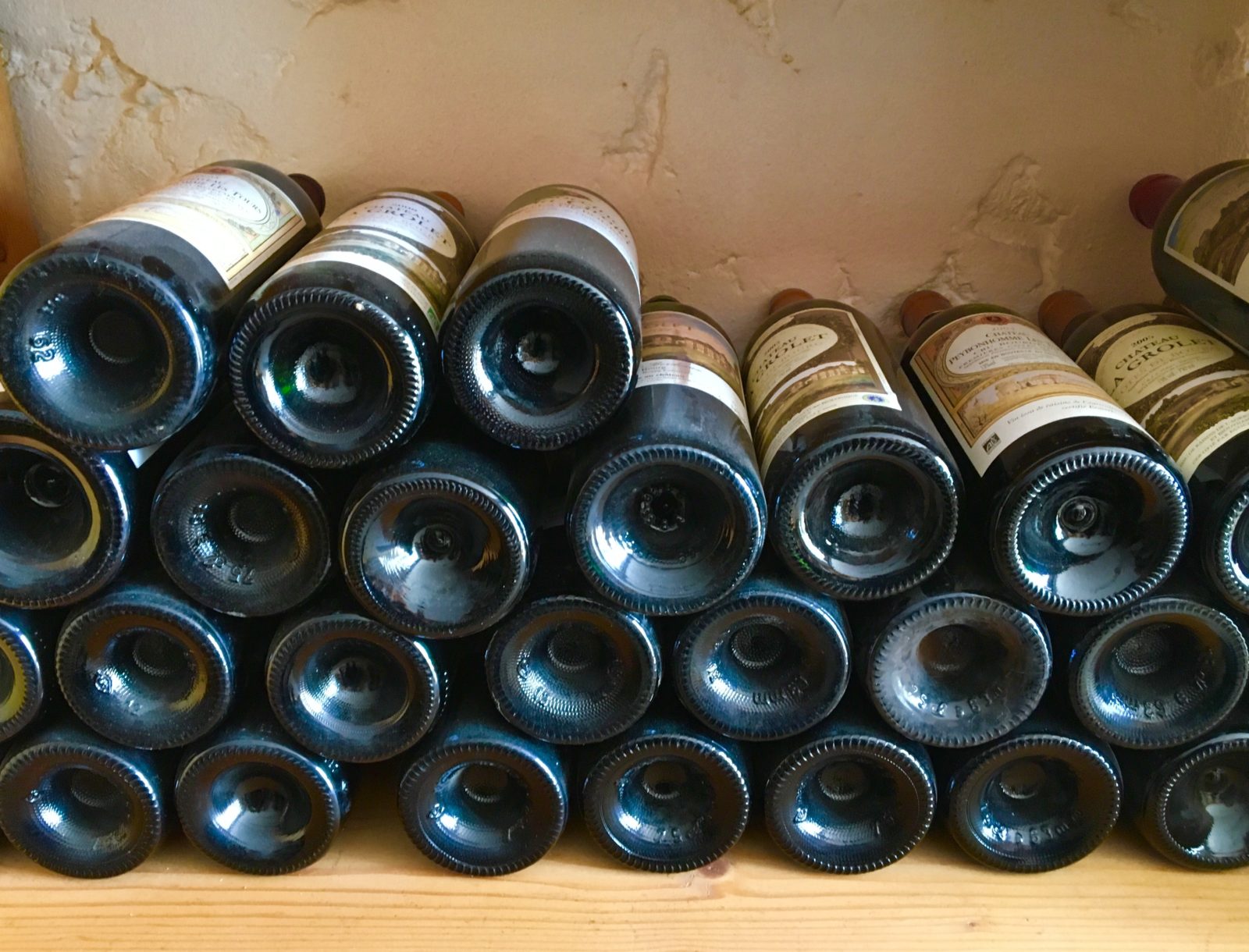
2018 is here…The world of wine, food and travel is Wide Open!
Vino Voices has much to be grateful for:
Wine Enthusiast Magazine published our Corsica piece in their February Travel issue.
Recent Forbes pieces are here, and include another piece about the wines of Hungary, about the Penedès wine region near Barcelona, Spain, and a review of a book that matches Portuguese wines with recipes.
Forthcoming pieces to be published later this month and in January will cover a wonderful lunch—last Friday—with both the owner, Madame Mentzelopoulos, and managing director, Philippe Bascaules, of Châteaux Margaux in the Médoc region Bordeaux. There will also be articles about cork production in Portugal as well as coverage of an around the world yacht race, and wines, in Honk Kong.
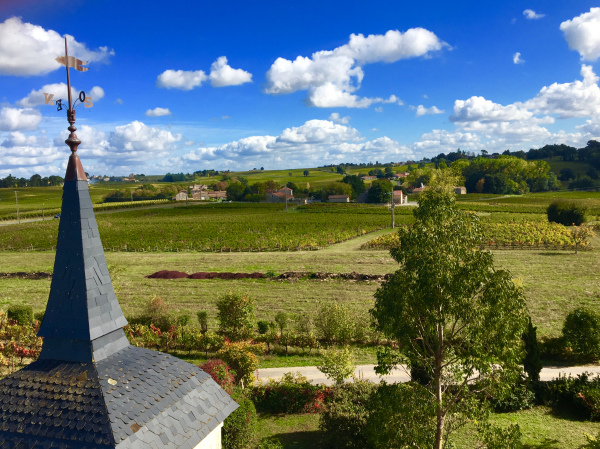
Also, a recent blog piece about Hungarian wines was re-printed by Robert Scott of WineLine Radio. Much appreciated, Robert!
I’ve now written 95 articles for Forbes. After having combed through these, glass of vino in hand, I collected a few dozen memorable quotes relating to wine and life. These are below.
Speakers are identified below each quote (or quotes).
SAGE WORDS….
“Making good wine is like cooking. What’s important are the raw materials.”
Dominique Léandre-Chevalier, of Domaine Léandre-Chevalier, Bordeaux, France
“We put so much energy and experience into what we’re doing. At the end, we have great wine. But you have to put a lot of heart into this business.”
Isabelle Chety of Château Mercier, Bourg, Bordeaux, France
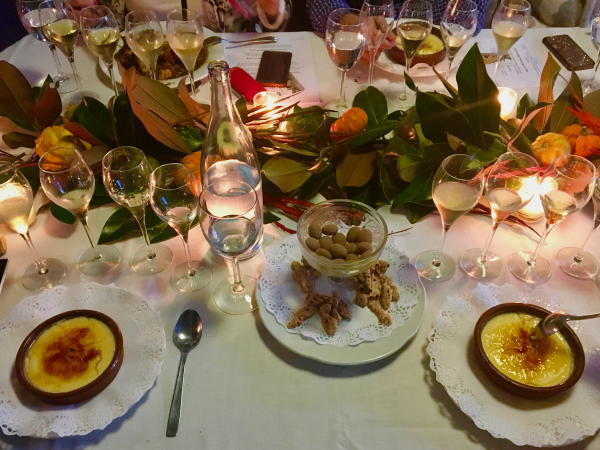
“Travelers think good Bordeaux means huge prices, and some of those wines are no good. They don’t know there are a lot of small estates making good value, good quality wine—with soul.”
Nicolas Vergez of Château Cassagne-Boutet, Blaye, Bordeaux, France
“The glass is so important. It’s the last thing between the mouth of the customer and the wine itself.”
“What makes a good wine glass? It doesn’t matter how curvy the sides are. The edges need to come toward each other at the top to focus aromatic potential. If it’s too small it will hide the aromas and crispiness. For a Grand Cru wine, use a bigger glass because it has so much to say.”
Sommelier Alexandre Morin, Bordeaux city, France
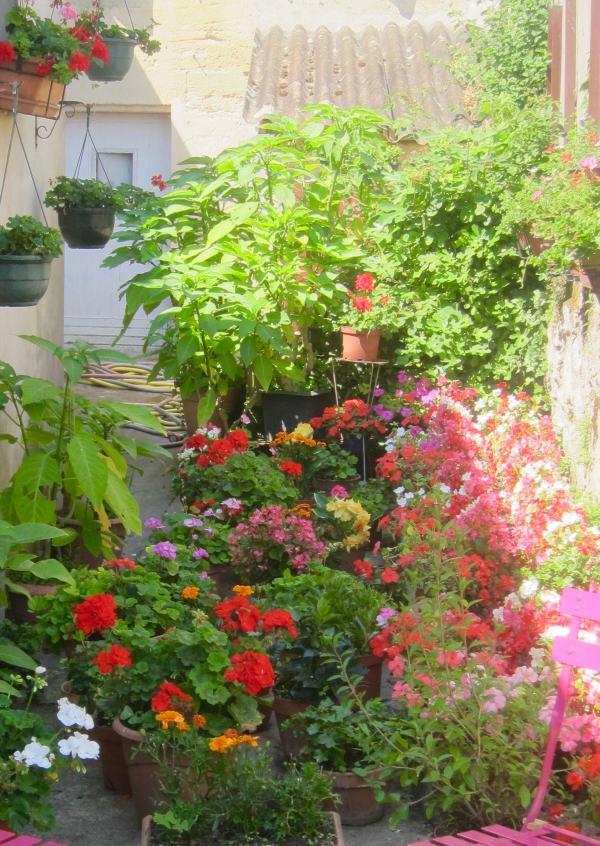
“Why should people in Denmark not be able to come up with cheese as good as any cheese in France? Scientifically there was nothing that would prevent it. How do I sell this idea to people? How do I get them to understand? How do I route this idea in parliament and not just in socialist circles?”
“Food became for me the weapon, the secret tissue through which you could impact life. It was not a matter of being a cook or coming up with wonderful recipes, it was a matter of using food to impact life in Denmark.”
Claus Meyer—television chef and owner of several restaurants, including Agern and The Great Northern Food Hall in Grand Central Station, New York, USA
“Biodynamics was at first a challenge, but it respects vines and biodiversity. Yet it’s also simple and we add nothing to the wines.”
Winemaker Guillaume Hubert, Château Peybonhomme-Les-Tours, Blaye, Bordeaux, France
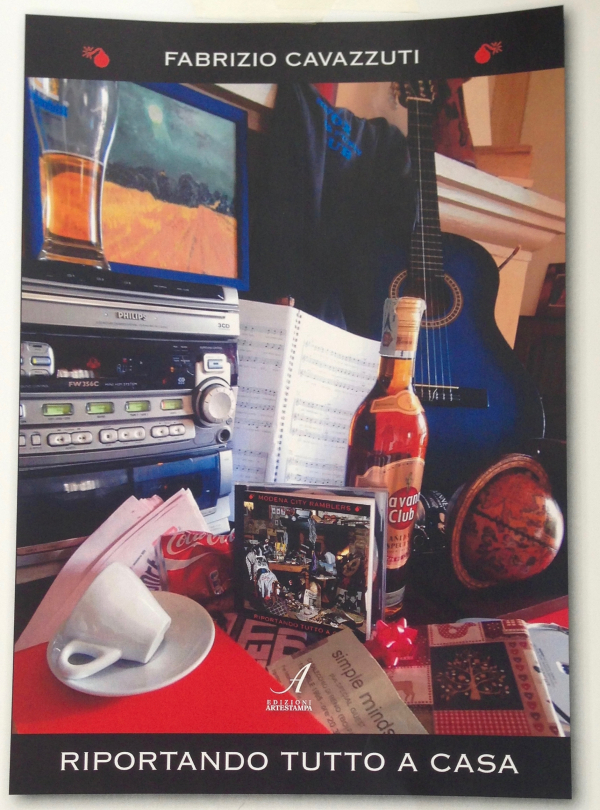
“Because we are so widely exposed to wines that are ‘big’ and loud, we generally don’t respond so well to wines that say what they have to say in a much quieter fashion.”
Randall Graham – Winemaker and owner of Bonny Doon Vineyard, California, USA
“When you move to a true taste, which means farming that permits the root to feed on the soil and the leaves to feed on the climate, you don’t need technology, on the condition that your yields are not too high. If you want to return to a true wine with a true taste, eight times out of ten the yields have to be significantly reduced. Then it’s an economical problem for people who have loans.”
“Suddenly people are not considering farming as just mechanical, but as the commitment of human beings toward the earth. I find that very promising. A way of thinking. A way of behaving. A way of giving meaning to your life. Because if the meaning of your life is just to get more money and you don’t get it and then—surprise—you are in your coffin.”
“If you come up with a product which is not the result of technology and sort of engineering wine, if you come up with a product which carries specificities of your climate and geology—there is a market for this.”
Nicolas Joly, owner and winemaker at Coulée de Serrant vineyards, Loire Valley, France
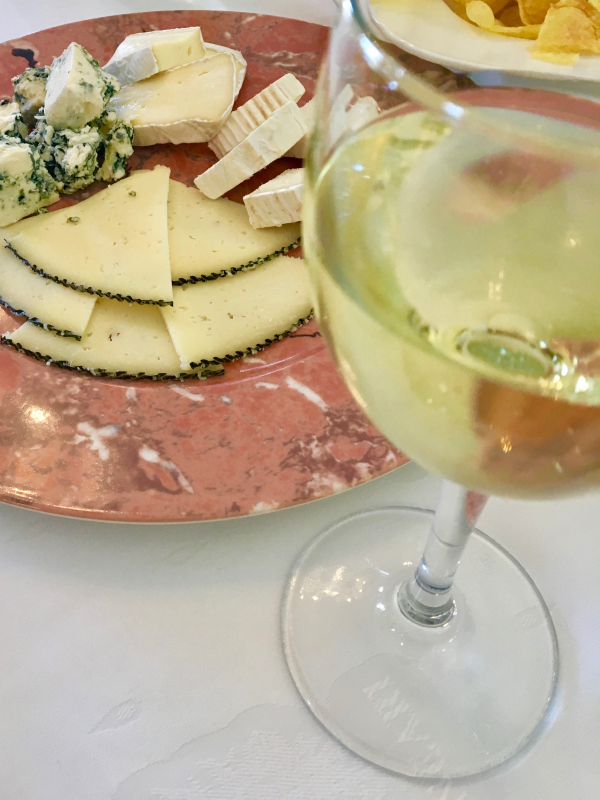
“Unfortunately many producers are competing with a younger generation of consumers who choose wine as much by what’s on the bottle as what’s in it. If labels are not innovative, provocative, new and refreshing, the wine may be lost in the noise. The new generation of French wine makers—who are traveling to wine fairs around the world—are starting to understand this.”
Stephen Barrante of Atomic Kids Studios, Connecticut, USA
“Everyone has feelings, histories and potentials that are different. Our memories work in different ways. We try to make wine pairings that connect with courses in an emotional way. Every menu is different. Every season is different, and with every season there is a new challenge.”
“There is history in a landscape, a terroir, a grape, a moment, an area. The winemaker has to write the history that is there, being careful, honest. The sommelier? We tell that history to the people. It’s important not to make a value of wines. We are not judges. We tell histories. Histories we don’t love? Don’t tell them. Behind each wine, a lot of people are working. We have to be careful with that. It’s like when you buy a CD. You listen. If you don’t like it, don’t continue to listen. Maybe it’s not your music. And maybe a wine is not perfect for you, but is for another person.”
Sommelier Ismael Álvarez of Nerua Guggenheim Restuarant, Bilbao, Spain
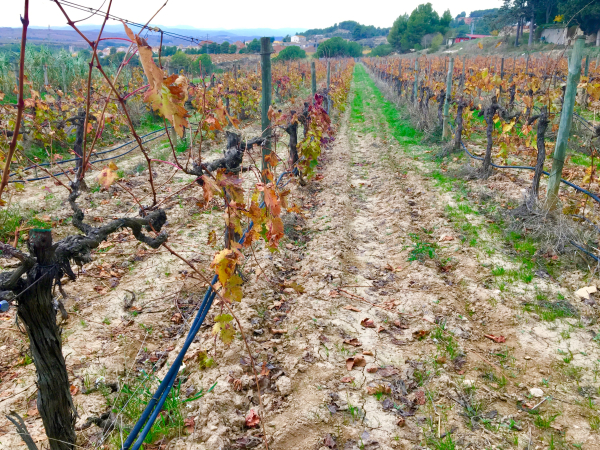
“If there’s one word to describe Rioja, it’s diversity.”
Winemaker Clara Canals Sotillo of Bodegas Campo Viejo, Rioja, Spain
“When you talk with people from Burgundy, people from the Rhone Valley, they all say more and more—our consumers want wine with a bit less alcohol, with more fruits, with less extraction and with elegance and finesse. This is really the new goal for us, to make wine that is very fresh and with great energy.”
Hubert de Boüard de Laforest, owner and winemaker at Château Ángelus, Saint-Émilion, Bordeaux, France
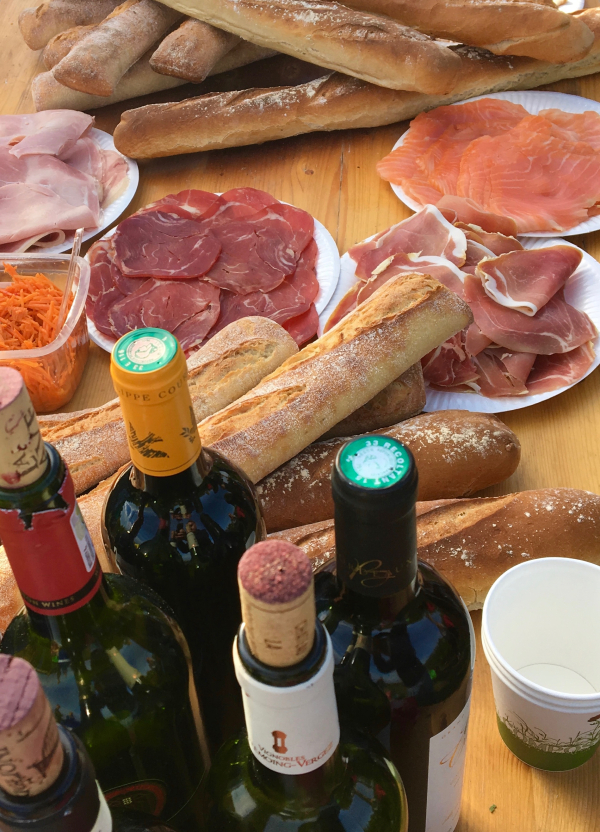
“What is exciting is that every morning when I wake up I ask myself—what can I make better? There are things we can make better everywhere. The little details. Every little detail matters that we can use in this quest for excellence.”
Stéphanie de Boüard-Rivoal, Executive Managing Director of Château Ángelus, Saint-Émilion, Bordeaux, France
“The sub-$20 price point in America? The wine is really not that good. The sub-$20 price point in Europe? You can find great wine. In Europe there’s a demand for good wine. People won’t tolerate bad wine the way we do. Prohibition really set us back, in that we aren’t really a wine savvy country.”
“If you put a craft wine at the same price next to a mass-produced wine, nine times out of ten a person is going to choose that craft wine. There’s a lack of harshness, a lack of flaws, an interesting character, a natural acidity that is not an additive. There’s a cleaner, refreshing finish.”
“I don’t believe in muddled, weak concepts. They do not have longevity. I think you really have to stay the course with a strong concept.”
Mary McAuley of Ripe Life Wines, California, USA
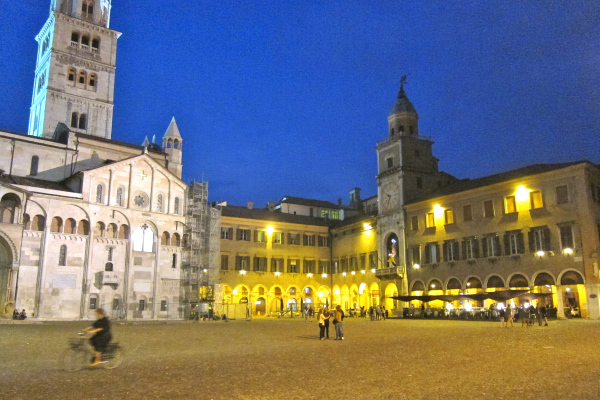
“You can have the best plans on earth, But if, on the people basis, you don’t get along—it’s very complicated.”
“Our common values are the long term view. Family values. Quality. The patience to produce something good rather than earn money right away. Respecting clients first.”
“There are no secrets. Our new projects need seven years from the moment we begin. We try to make the best wine possible. It’s very easy to say, not so easy to do. It’s also important to maintain the personality of the wine’s region. If all the wines are the same, it’s very boring.”
Baroness Ariane de Rothschild, co-owner of Bodegas Benjamin de Rothschild & Vega Sicilia, Rioja, Spain
“Expensive wines are not always the best wines. First it’s necessary to show that the quality of our wines is great.”
Pablo Álvarez, co-owner of Bodegas Benjamin de Rothschild & Vega Sicilia, Rioja, Spain
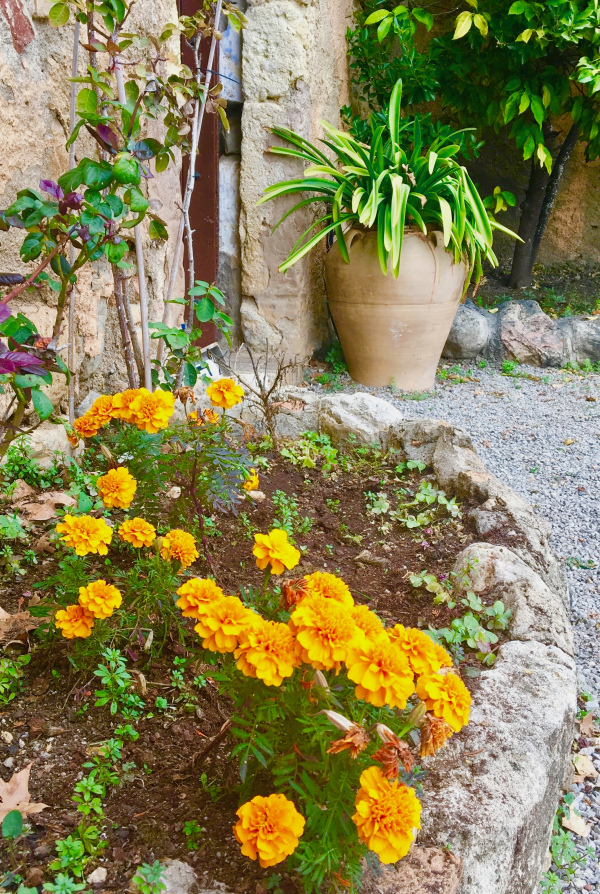
“You always need information—the chemistry in the soil, the climate, rainfall, humidity, sunlight intensity. But the last word comes from your feeling with the place.”
Alberto Antoninim, winemaker of Balasto wine from Bodega Garzón in Uruguay
“I love fruit in wines, Sometimes I get the suspicion that people use too much oak in wine, too many tannins, to hide faults.”
Richard Serisier, owner of Château de Cadillac, Bordeaux, France
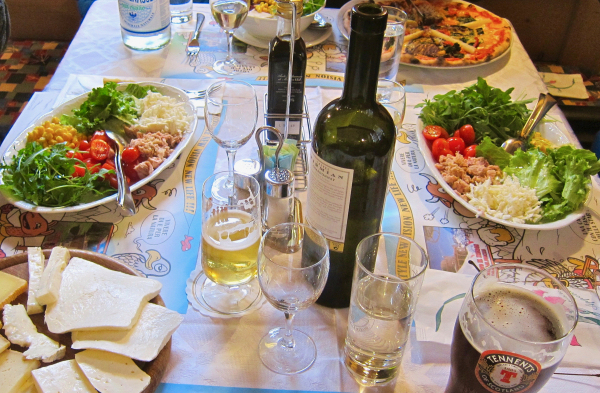
“If you want to build a winery, it’s not for everyone. It’s a beautiful world, an amazing world, but there is a lot of sacrifice. You want to produce the best wine in the world that everybody knows. So you need to know about vineyards, about wine, about marketing, about vinification and finance. It’s a job where you need to know a little bit of everything. You have to be curious.”
Miriam Masciarelli of Masciarelli Wine Company, Abruzo, Italy
“A wine needs to have the taste of where it comes from. I think it’s boring just to taste raspberry, whatever fruit. I need more complexity, terroir, minerality, length. Those very big Malbecs? I don’t honestly believe a Malbec should be like that.”
“What Argentina brought us is knowing that when you gain a certain point in maturity, you tend to lose identity. You have grapes, especially Merlot…more fragile to heat, that tend to be the same when too ripe.”
Hélène Garcin-Lévêque, co-owner of Château Barde-Haut in Saint-Émilion, France
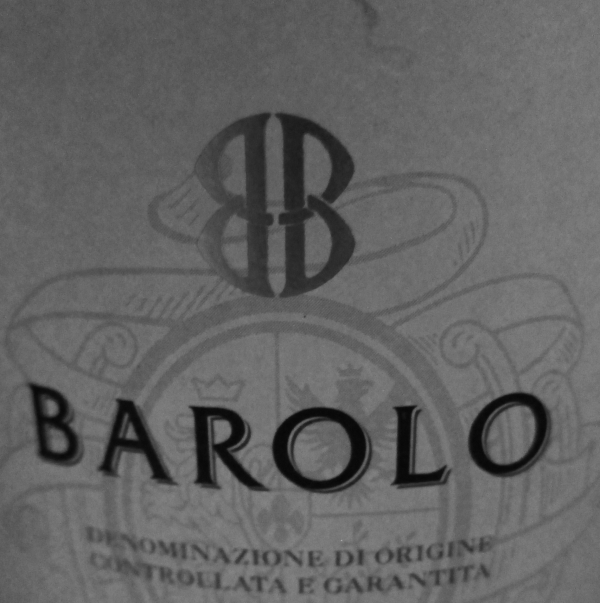
“Show me a great man and I will always show you one or several women who have made him.”
“Winemakers today focus on selection. They produce a great wine only with a vat of great juice. I am convinced that well installed, marginal—including mediocre—juice, can make the great even greater.”
“Talleyrand said some privileged men never create the event, they adapt to the event. And when they are clever, drive them.”
“The visitor must leave you believing he is a member of your family.”
“My story is of a modest man in complicity with a fantastic vineyard, soil and extraordinary terroir. My story is just luck. What is genius? Just luck that lasts.”
Henri Duboscq, owner and winemaker at Château Haut-Marbuzet, Médoc, Bordeaux, France
“American consumers are looking to drink wines made from indigenous grapes. They love Barolo because it’s distinct. American consumers do their homework, and are knowledgeable about wine. Consumers appreciate finding a wine characterized by a specific terroir. The American market loves unique wines.”
Giuseppe Capuano, marketing manager of Vias Imports in New York City USA
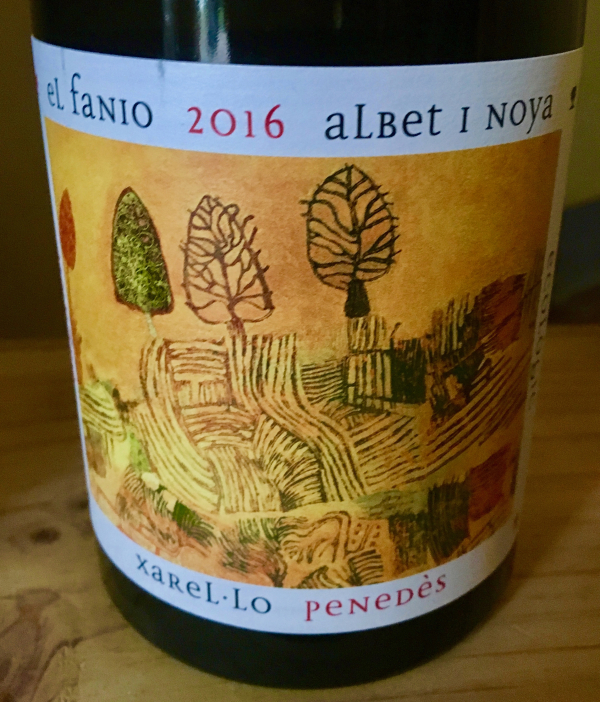
“Life is too short to use just one grape. Why so many varieties? It’s like a painter. The more colors they have, the more complex art they can produce.”
Josep María Albet i Noya, owner and winemaker at Albet i Noya in the Penedès wine region of Spain
“Time is important for our products, but we’re not in a rush.”
Maria Rosa Vallès, owner of Rovellats Cava in the Penedès wine region of Spain
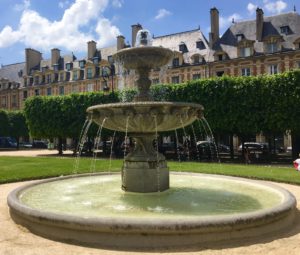

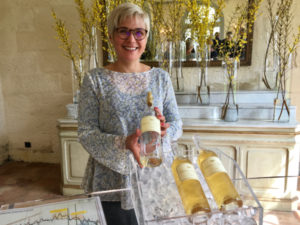
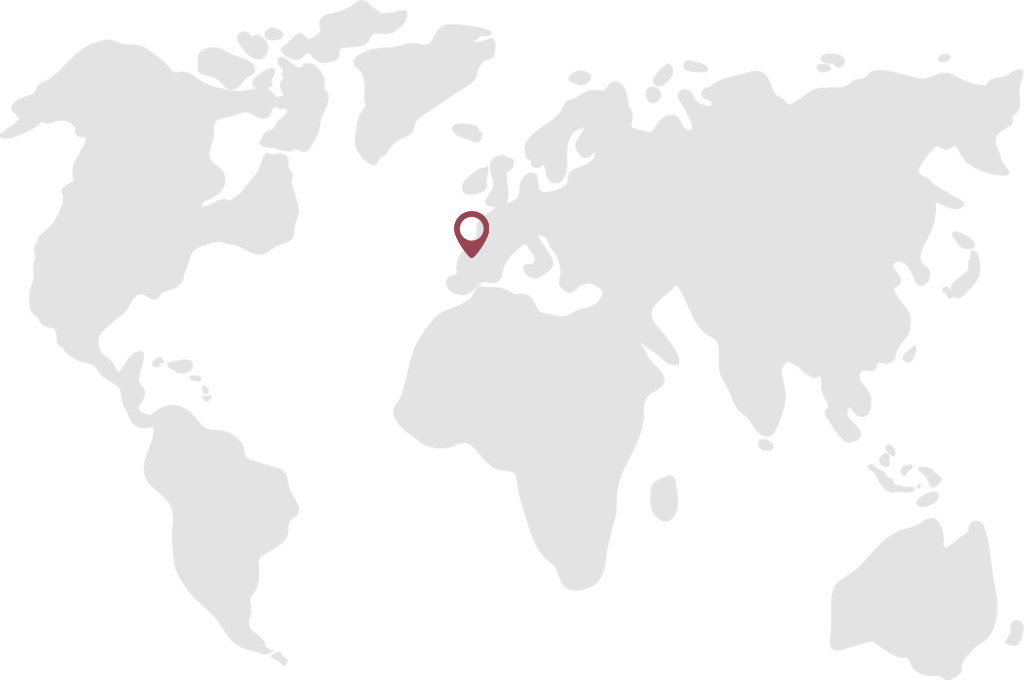
Denise
14 Jan 2018Thanks for another thoughtful and well put together piece Tom. I always learn something new with each post and there is always something that makes me smile. Happy 2018! I hope it brings you much joy and prosperity.
vinoexpressions
6 Feb 2018Thanks Denise! Hope you are keeping well, and glad you enjoy. Best of 2018 to you also!!